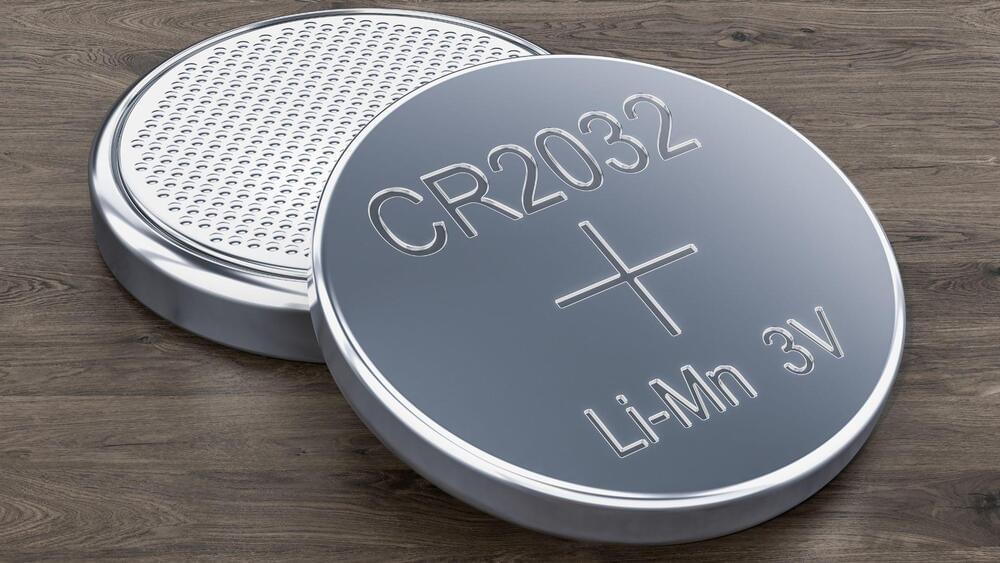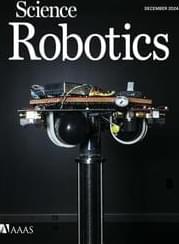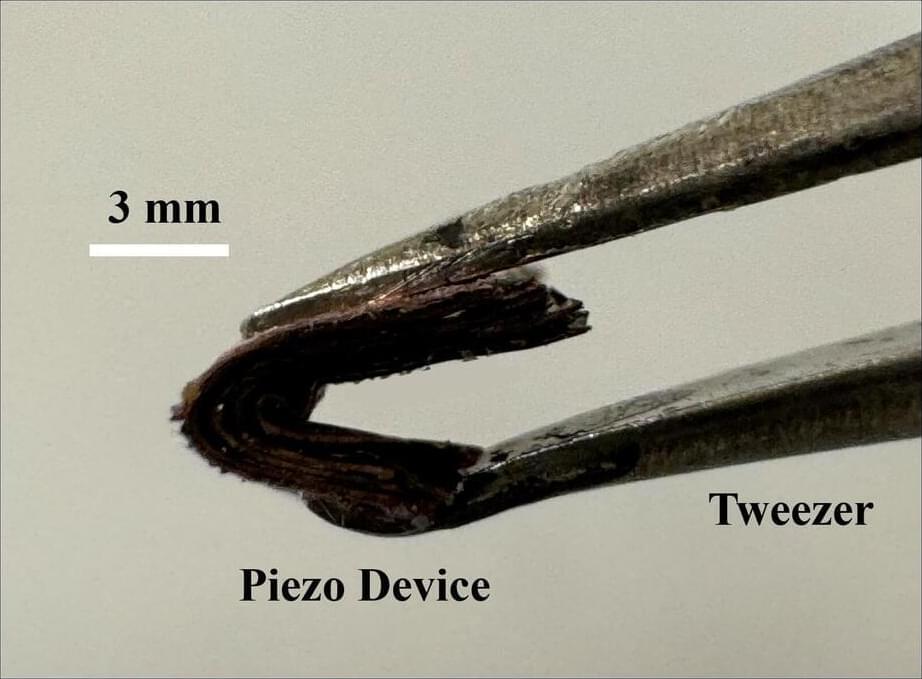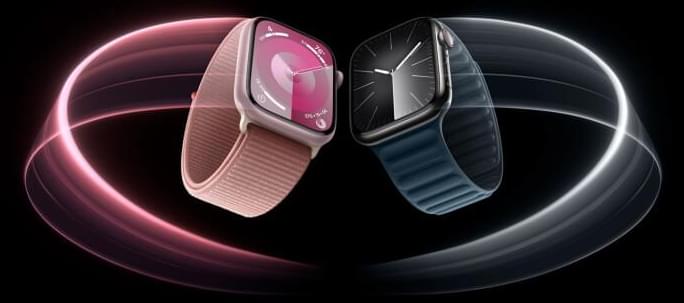Stretchable electronics have drawn intensive research attention over the past decade due to their potential impact in various applications, including displays, soft robots, wearable electronics, digital healthcare, and many other areas Considering that intrinsically stretchable technology is relatively new, the predominant approach to realizing current stretchable applications leverages the structure of stretchable interconnects. Therefore, one of the primary challenges in stretchable electronics is designing an optimal stretchable interconnect structure, such as mechanically compliant electrodes, capable of significant stretching without compromising electrical functionality. Numerous techniques for designing stretchable interconnects, including wavy, serpentine, and kirigami structures, have been developed to maximize the stretchability of stretchable electrodes.
Despite achieving high stretchability in structural designs, accurately measuring the strain distribution in real-time during dynamic stretching remains challenging.
To address the current technical limitations in comprehensively understanding the full mechanism of strain behavior and the geometrical effects of serpentine structures without physically breaking the structure, we carefully investigated strain-induced color changes reflecting the complex strain distribution of serpentine-shaped CLCEs. To achieve optimal serpentine CLCEs, specially tailored high-modulus and shape-designed serpentine CLCEs were investigated, incorporating controlled non-uniform strain distribution for serpentine structures. By examining the aspect shape factor in the mechano-optical color changes of the CLCEs, it was visually and quantitatively confirmed that if the CLCE samples were aligned parallel to the direction of stretching, the strain increased, whereas if they were aligned perpendicular to the direction of stretching, the strain decreased. In addition to structural design factors, a sequential study of the modulus effect on the mechano-optical visualization of the serpentine structure revealed that a serpentine CLCE with a high modulus exhibited results that are consistent with conventional serpentine stretching behavior, with the associated structural color changes and photonic wavelength shifts. In a further study on the shape design parameters (angle, width, and length) of serpentine CLCE with a high modulus, the critical factors that determine the complex and varied stretchable serpentine properties were investigated. It was found that the angle (α) shape factor is the most crucial serpentine design parameter that ensures stretchability, whereas the width wordpress is the parameter that diminishes stretchability. Furthermore, to assess the structural color changes and photonic wavelength shifts according to practical stretching mechanisms, a 2 × 2 arrayed multi-interconnected serpentine CLCE structure under multiaxial (uniaxial and biaxial) stretching conditions was investigated. It was confirmed that elongation parallel to the direction of mechanical stretching could induce serpentine stretching characteristics in the arrayed CLCE devices. These experimental results of structural color changes and photonic wavelength shifts, which enhance the reliability of many studies through comparison with strain distributions, are also supported by the FEM. Considering that stretchable CLCEs also enable molecular arrangement changes, and based on the findings of this study, it was confirmed that serpentine CLCEs can optimize serpentine design through optical visualization methods.






